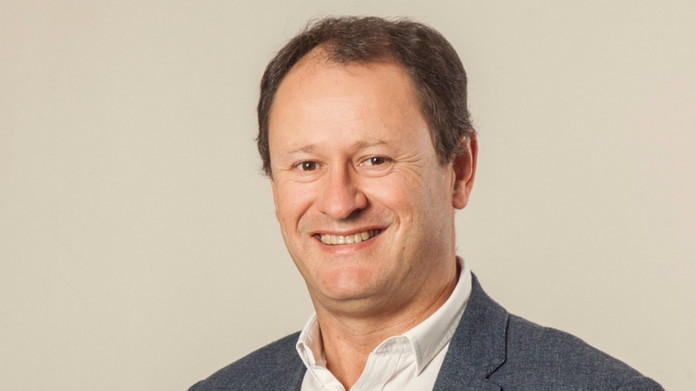
AFRIMAT CEO, Andries van Heerden, will tell investors at the firm’s annual results presentation on Friday that dividends will not be threatened by its plan to invest R650m in the Gravenhage manganese project.
“We will be able to maintain the dividend. The business has very strong cash flows,” said Van Heerden on Friday. Earlier on the day, the Afrimat announced it had agreed to buy the Northern Cape province project from Aquila Steel, saying Gravenhage would “… increase Afrimat’s scale in the ferrous-metal value chain and its exposure to foreign currency-denominated earnings”.
Including the acquisition price, Gravenhage would cost between R1.5bn to R2bn to develop, said Van Heerden. This compares to a project development cost of $200m (R2.8bn in today’s money) estimated by the project owner in 2012.
For the last eight years, Gravenhage has been the subject of a licensing dispute that eventually ended in a positive Constitutional Court ruling for Aquila Steel. Van Heerden said there was no hang over of the permitting dispute that was likely to interfere in the project’s development. A social and labour plan was in the works as part of the Section 11 change of control requirement of the Minerals and Petroleum Resources Development Act, he said.
Afrimat announced a 36 South African cents per share interim dividend in October, matching the ireturn of the previous interim period – a performance achieved largely on construction and industrial minerals production.
Lately, Afrimat has moved into the bulk minerals sector of which Gravenhage is the latest example. It bought the Demaneng iron ore mine in 2016 to which it recently added the Nkomati anthracite mine following a deal last year.
All in all, bulk materials accounted for 92% of the firm’s operating profit in the six months ended August compared to 43% of total in the previous year. Van Heerden said the company wasn’t over-reliant on iron ore sales, however. Covid-19 related interruptions last year put pay to construction materials dispatches.
“We have a well diversified business and the sales from Nkomati are still to come through,” he said, adding that Afrimat was used to “… operating in the aggregates market where margins are paper thin”. That meant the company was set up to withstand volatility, even that potentially posed by a cooling in sky-high iron ore prices.
Van Heerden said an Aquila Steel assessment that Gravenhage would produce “in the region” of 1.5 million tons of manganese “sounded about right”. The first tranche of the R650m consideration was also only due after fulfilment of the Section 11 application.










